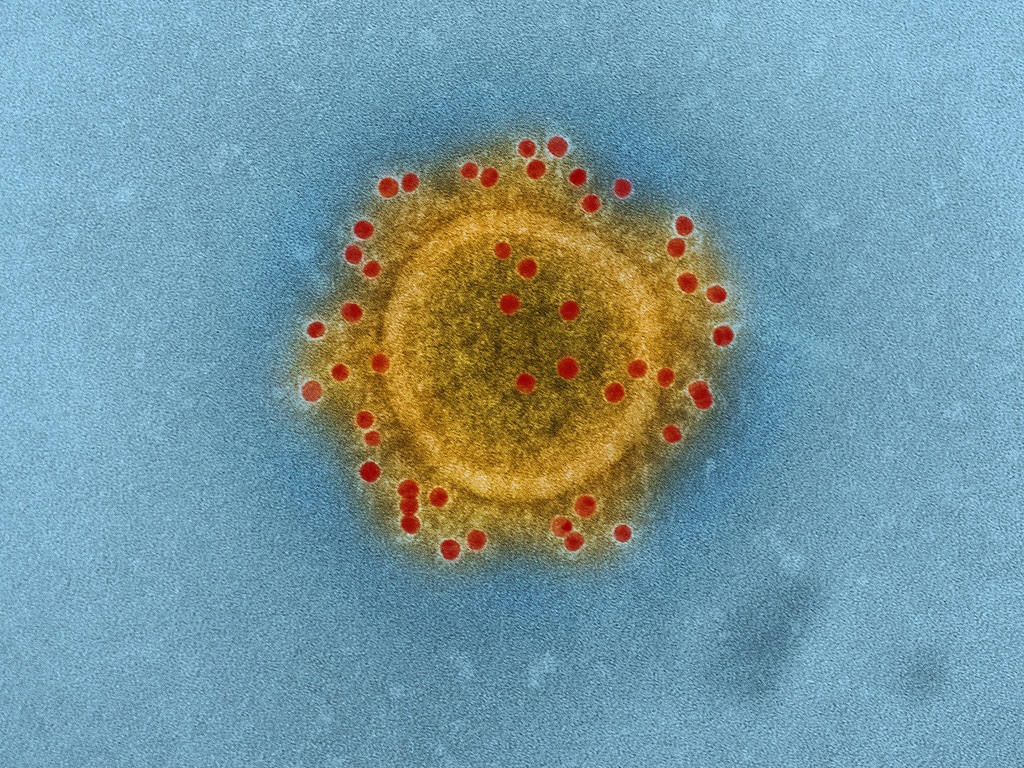Do you have clients or members concerned about the coronavirus? Dr Helena Popovic lays out the facts.
Over the last few days I’ve been inundated with questions about coronavirus. Here are my answers based on our current understanding of this new virus. Knowledge is your best protection.
1. What is the coronavirus?
There are actually 7 different types of coronavirus known to infect humans. Four of them cause mostly mild illnesses like the common cold. The other 3 can cause severe respiratory diseases like SARS, MERS-CoV and the current one, 2019-nCoV, referred to as Wuhan coronavirus.
2. What do the terms ‘corona’ and ‘Wuhan’ refer to?
Corona means crown or halo. When viewed through an electron microscope, the virus particle appears to have a crown because it has a covering around it called an envelope.
Wuhan refers to the fact that the virus was first recognised in Wuhan China in December 2019. It seems to have originated from an unknown source in a seafood market.
3. How deadly is it?
Not as deadly as the media make it sound. According to the World Health Organisation, about 20% of people with the virus in China have become severely ill and 2-3% have died. That means most people have only mild symptoms and the vast majority recover.
Those most at risk of severe illness and death are the frail elderly and people with pre-existing lung or heart disease, kidney failure, diabetes or suppressed immune systems.
The majority of deceased patients to date were older than 60 years with pre-existing medical conditions. The cause of death was respiratory failure.
Men seem to be at higher risk of infection than women, possibly due to genetic differences in immunity. This was also seen with SARS and MERS.
4. What are the symptoms?
The most common symptoms are cough and fever. Some people also get shortness of breath, muscle aches and headaches. Sort throat and sneezing are rare but could occur. The lack of runny nose and sneezing means it does not spread as readily as the common cold or SARS.
5. How do you catch it?
At this stage it appears there are several ways you can catch it:
- Exposure to animals in farms or markets in China.
- Eating food that contains infected animal products.
- Contact with someone who has the virus and is coughing or sneezing.
- Shaking hands with someone who has the virus.
- Possibly touching utensils used by an infected person e.g. cutlery, glasses, doorknobs or towels.
One thing that makes the situation tricky is that children and young people can have the virus without any symptoms but still pass it on to others who then get sick.
6. How soon after catching the virus do symptoms appear?
It can take one day to one week for symptoms to appear. Occasionally it can take up to 2 weeks.
7. It sounds very similar to any run-of-the-mill chest infection. How do you know if your symptoms are due to Wuhan coronavirus?
A doctor will take swabs from your throat or fluid from your lungs (sputum) and send it to a laboratory for specific testing known as PCR (polymerase chain reaction).
There may or may not be evidence of pneumonia on X-ray.
8. How can you protect yourself from catching it?
- Avoid travel to China.
- If you MUST go to China, do NOT visit live bird or animal markets or wet markets.
- Do NOT eat food from wet markets.
- Avoid contact with people who have respiratory infections.
- When outside your house, wash your hands frequently using soap and running water for at least 20 seconds.
- Avoid touching your eyes, nose or mouth with unwashed hands.
- Use alcohol-based hand sanitisers because they inactivate coronaviruses.
9. How do you treat it?
There are currently no antiviral drugs that are known to cure the infection. Treatment is therefore ‘supportive’. This means keeping the person alive in hospital until their own immune system clears their body of the virus.
If you are concerned you might have the infection, immediately isolate yourself from other people and go to your local doctor or hospital emergency department. Ring ahead to let them know you’re coming so they can make appropriate arrangements to protect other patients and staff.
10. Is there a vaccine against it?
No not yet.
11. Why has the World Health Organisation (WHO) declared the Wuhan coronavirus a global public health emergency?
There are four main reasons:
- Because of the rapid spread of cases throughout China and the appearance of cases in other countries including Australia, Japan, Thailand and the USA.
- Health authorities are still unsure exactly how contagious it is.
- It is important to stop the spread of any disease that is potentially fatal even if it’s only in a small percentage of those infected – in this case largely men over the age of 60 with pre-existing medical conditions.
- People who are infected need to be admitted to hospital to keep them alive – some of them requiring intensive care. If numbers escalate, this could drain hospital resources especially in third world countries.
Please forward this Health-e-Byte to anyone you feel will be helped by it.



